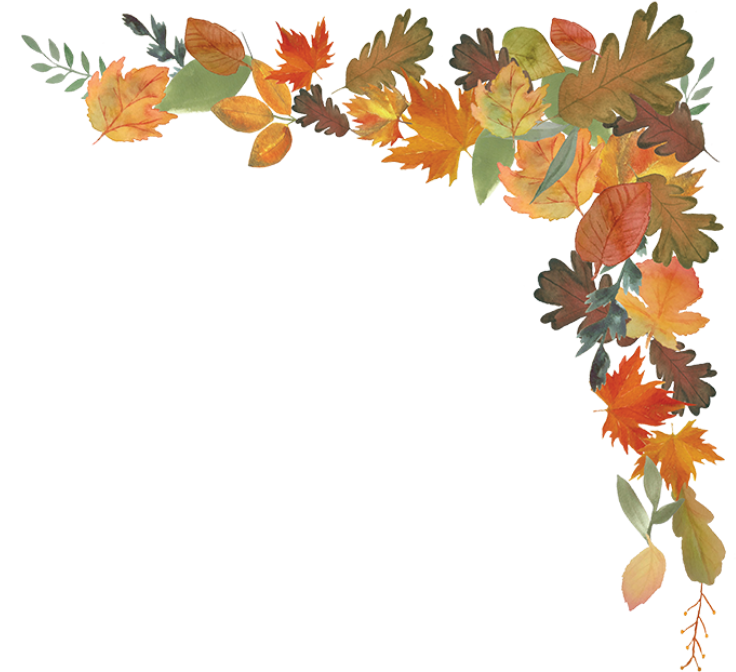Science
At Frittenden, by nurturing a fascination of science within the world around us, the conceptual development of scientific enquiry should grow; From guided through to self-determined, a child’s enriched learning should encourage the skills needed to flourish in this field and develop transferable foundations for continued growth beyond.
The Science curriculum aims to develop the natural, healthy curiosity in children about the universe, encouraging respect for the living and non-living and to provide opportunities for critical evaluation of evidence. Teachers encourage children to be inquisitive throughout their time at Frittenden Primary School. Through the programmes of study, children will acquire and build upon their key knowledge, in addition to the application of scientific skills. Working Scientifically, skills are built -on and developed, which enables children to gain confidence in planning, conducting investigations, and explaining concepts accurately. Children become more independent in their selection and use of scientific equipment, and interpretation of results, including cross curricular links with Maths and ICT.
Children are happy to take risks in their Science lessons, by questioning, making predictions and suggesting ideas and theories. The provision, where ever possible, of engaging, hands-on investigations and exploring outside is paramount. The Science curriculum is enriched with visits, complimented with cross-curricular links and reinforced with supportive literature when possible through the selections of related texts in English. Science Week enables children to become immersed in the subject and participate in a range of activities; it aims to nurture the understanding that science is all around and facilitates our every day.
Our Christian values underpin all aspects of our teaching and learning. The high aspirations and expectations the teaching team have for the children ensure that no child is given a learning limit or ceiling and that every child is given the opportunity to flourish. The school values are integrated into every science lesson as follows:
Respect: as understanding grows, children should demonstrate clearer views about science and how it influences the world; recognize and celebrate historical discoveries; and build upon this to further their own learning.
Joy: children consider learning as an inquisitive and joyful adventure: where getting your hands dirty leads to deepening knowledge, understanding and skill growth.
Compassion: children are taught to be compassionate towards each other; supporting each other in their scientific endeavours. This should enable our children to be better shepherds.
Substantive Knowledge: Concepts
Biology
• Living things and their environment (Animals, humans, plants, habitats)
• Reproduction, inheritance and evolution (Evolution, inheritance, life processes, life cycles)
Chemistry
• States of matter (Solids, liquids, gases)
• Materials (properties and changes) (Reversible/irreversible changes, rocks, fossils)
Physics
• Energy (Light, sound, electricity)
• Forces (Friction, air resistance, gravity, magnets)
Earth Science
• Earth and space (Seasons, day and night, solar system and beyond)
Disciplinary knowledge: Working scientifically
• Methods used to answer questions (use of models, classification, correlations and patterns,
experimentation, fair testing)
• Using apparatus and techniques (accurate measurement, collecting and recording data,#
carrying out procedures safely and accurately)
• Data analysis (processing and presenting data, exploring relationships, communicating results in tables / graphs, identifying correlations)
• Using evidence to develop explanations (using evidence / scientific knowledge to draw conclusions, explain laws, models, concepts and findings)
Key concepts: (not exhaustive)
Through the science curriculum, pupils will develop an understanding of the following key concepts. These concepts are revisited through different units as pupils move through the school. By the end of primary school, children will know and understand these key concepts.
Biology
• Organisms require a supply of energy and materials: Living things are special collections of matter that reproduce, use energy and grow. Food provides materials and energy for life and growth. Plants and bacteria use energy from the sun to generate food. Animals break down food and are ultimately dependent on green plants for energy. In any ecosystem there is competition for the energy and materials needed to live and reproduce.
• Genetic information: Genetic information is passed down from one generation of organisms to another. Genes determine the development and structure of organisms
• Evolution: The diversity of organisms is the result of evolution. Different kinds of life, animals, plans and microorganisms, have evolved into different forms best suited to the environments in which they live. Organisms not able to respond sufficiently to changes in their environment become extinct
Chemistry
• All matter (stuff) in the universe is made of tiny building blocks.
• Materials (properties and changes): The arrangement, movement and types of building blocks of matter, and the forces that hold them together/push them apart, explain all the properties of matter (eg: hot/cold, soft/hard, light/heavy etc…)
• States of matter: Matter can change if the arrangement of these building blocks change (eg: chemical reactions)
Physics
• The universe follows unbreakable rules that are all about forces, matter and energy
• Forces are different kinds of pushes and pulls that act on all the matter in the universe. Changing the movement of an object requires a force to be acting on it. Gravity is a universal force of attraction between all objects, however large or small
• Energy: There are many different forms of energy eg: light, sound, electricity, heat and wind. Energy can be transferred from one object to another and can cause changes. The total amount of energy in the universe is always the same but energy can be transformed when things change or are made to happen
Earth Science
• The earth in relation to the universe: The Earth is one of 8 planets orbiting the sun. Our solar system is a very small part of one of millions of galaxies in the universe.
• The earth spins on its axis: The Earth is tilted and spins on its axis leading to day and night, the seasons and climate
Enquiry strategies
As part of working scientifically which is embedded throughout all units, pupils will also learn to use a variety of enquiry strategies to answer scientific questions. Different questions lead to different types of enquiry and are not limited to fair testing. By the end of primary school, children will be able to use these enquiry strategies confidently and know that different strategies may be needed at different times.
• Observing over time: (observing or measuring how one variable changes over time)
• Identifying and classifying: (identifying and naming materials/living things and making observations or carrying out tests to organise them into groups.)
• Looking for patterns: (making observations or carrying out surveys of variables that cannot be easily controlled and looking for relationships between two sets of data)
• Comparative and fair testing: (observing or measuring the effect of changing one variable when controlling others)
• Answering questions using secondary sources of evidence: (answering questions using data or information that they have not collected first hand)













